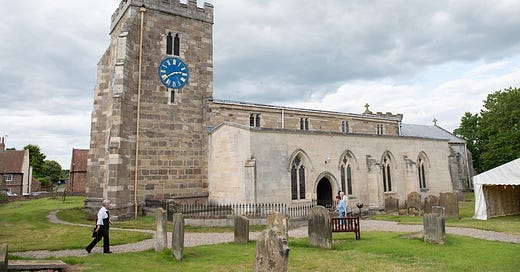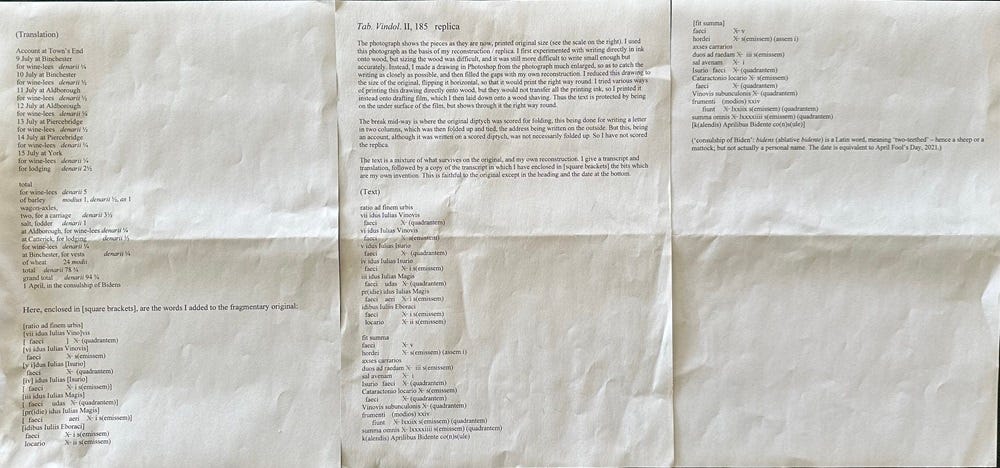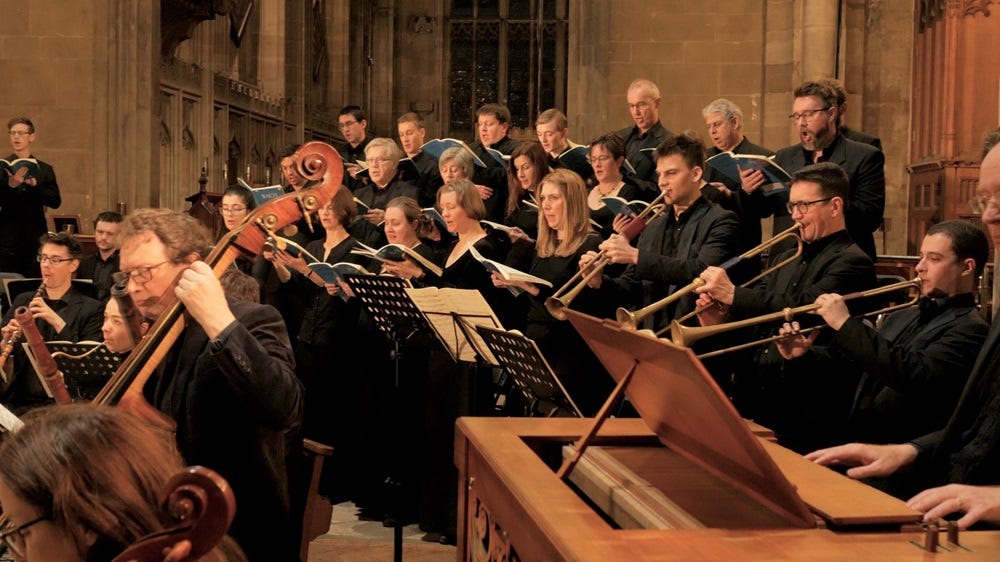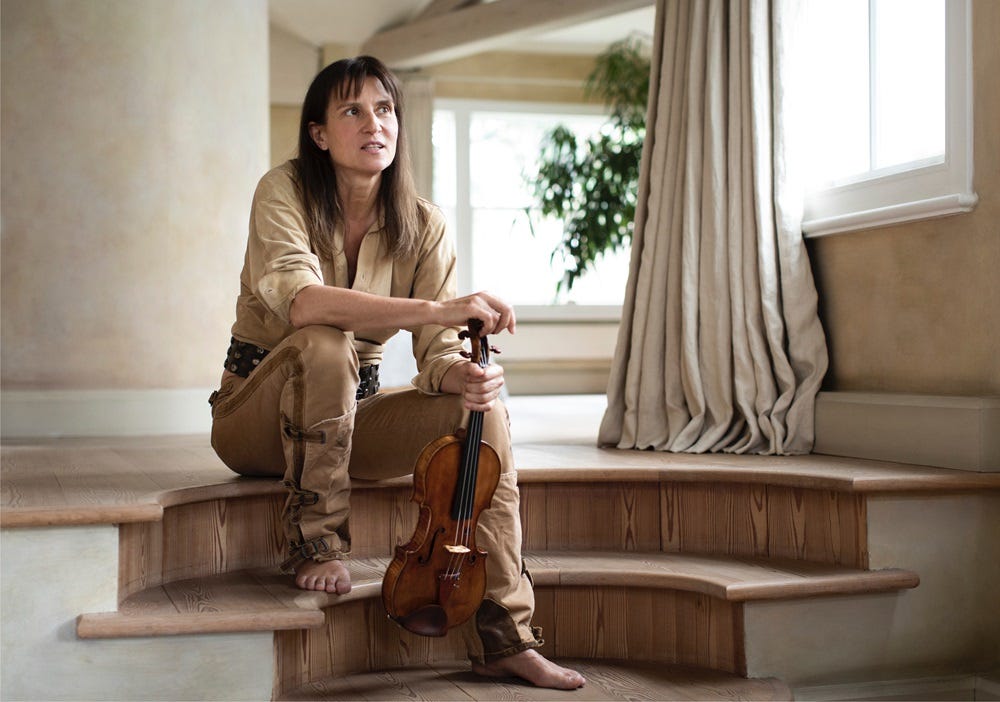Yorkshire music festival raises a glass to Roman forebears
Wine and music played integral roles in ancient Rome; the sleepy Yorkshire village of Aldborough is celebrating its cultural links to both
A sleepy village in North Yorkshire may seem an unlikely place for a prestigious classical music festival; still less a once-bustling urban hub in the ancient Roman Empire.
The contrast – indeed, the depth of history – isn't lost on the organisers of the Northern Aldborough Festival. This year marks its 30th anniversary, so among the wine, song, and merriment, is a nod towards those ancient Roman forebears who first put the area on the map.
Alongside the performances of jazz and classical music, archaeology will be every bit as much a part of the show, as the event celebrates its anniversary along with those Roman connections.
“It’s quite fitting that music, wine and archaeology come together at the festival,” said Dr Rose Ferraby, artist, co-director of Aldborough Roman Town Project, and a research associate at the University of Cambridge.
She has spent the last decade on archaeological digs in the quiet, rural village, uncovering the secrets of its past. Once, it was the bustling administrative capital of the largest tribe in Roman Britain – the Brigantes. As such, wine played an integral part of daily life.
But it wasn't all song and dance in ancient Aldborough, or Isurium Brigantum as the town was then known; there was hard graft too, as Ferraby's work has helped to uncover.
Her work, alongside that of Martin Millett, an Emeritus Laurence Professor of classical archaeology at Cambridge, has uncovered new material in an excavation completed last September that shows massive evidence of industry, including ironworks.
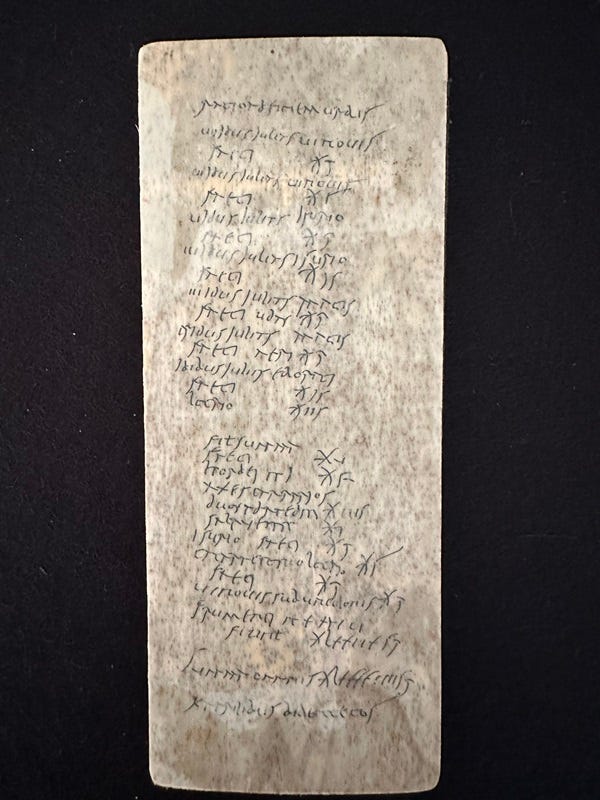

“It’s long been known Aldborough was the civilian capital of this area, but this new evidence proves that what is now a peaceful, rural idyll was once a significant administrative and industrial centre. The Romans were processing lead and supplying the military on Hadrian’s Wall,” Ferraby said.
“As such, it was packed with buildings, people coming and going, farming, and trading, along the river Ure, which was a significant auxiliary route for trade. It was very well connected.”
The busy industry of Aldborough came with a rich social and cultural life, too; including wine and music. Archaeologists found a tablet at Hadrian’s Wall which was, in effect, a shopping list with an instruction to ‘bring back wine from Aldborough.’
Wine was preferred to untreated water as there was less chance of becoming ill. The Romans even had a god of wine, Bacchus, who was worshipped and celebrated in various festivals and rituals. Wine production and trade were vital to the Roman economy, with vineyards and wine production facilities found throughout the empire. Overall, wine was deeply intertwined with Roman life and culture.
“The Roman town had many public buildings and large houses for the wealthy elite, with fine mosaics visible in the museum today,” Ferraby added. “Because it was a centre of trade, Aldborough would have been home to quality crafts people, creating beautiful things, whose influence would have been felt across the Empire.”
Cue the music
Little wonder they want to make a 'song and dance' of the Roman connection during this year's anniversary festival. It's adding more than a little spice to an event that has already earned plenty of cultural clout in itself.
Over the three decades of its existence, the festival is said to have carved out its niche as Yorkshire's most prestigious classical music festival, drawing world-class acts normally considered the preserve of prestige concert halls in New York or London, say, or the capital cities of Europe.
During the 10 days of the event, Aldborough's ancient church resonates to the soaring sounds of the finest pianists, sopranos, jazz players, orchestras, and more.
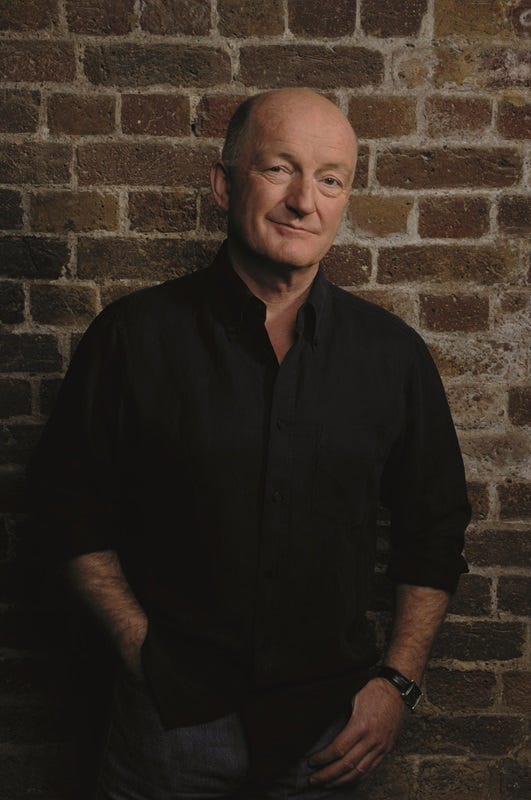
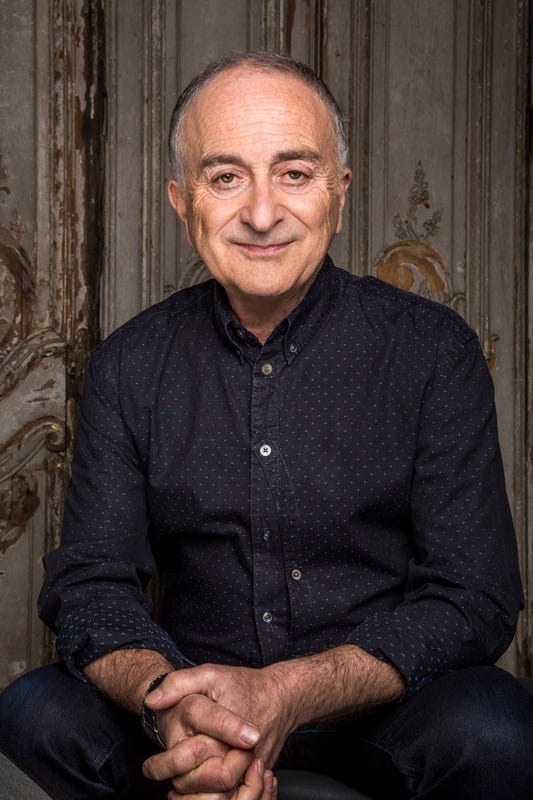
This year, the line-up includes Fantasia Orchestra – comprised of Britain’s leading young talent – which opens the festival with Leeds Piano Competition winner, Alim Beisembayev, in a programme that features Tchaikovsky’s heartfelt Serenade for Strings.
One of the world’s greatest violin virtuosos, Vicktoria Mullova will perform; there's an evening with Time Team’s Sir Tony Robinson; wine expert Oz Clarke narrating The Fairy Queen, performed by the spine-tingling acclaimed choir, Armonico Consort; jazz from Duke Ellington’s ‘natural born heirs’ the Julian Joseph Trio; the Radio 4 comedian with an opera degree, Amy Webber; or the sublime pan-flute player Adriana Babin, who at 22 is described as a bona-fide star in her home country of Moldova.
A highlight of the event is the New Voices Singing Competition – the festival’s nationwide hunt for the UK’s best young vocal talent, with a prize fund of £7,000 up for grabs.
And underneath it all, there's the archaeology. The festival is hosting free guided-walks by Dr Ferraby, who will be exploring the village’s rich history; Aldborough is apparently famed for its large collection of Roman mosaics.
The local vineyard is also getting in on the historical act, celebrating the area's ancient links to wine.
Dunesforde Vineyard, which supports the festival, commissioned a 27-foot mural in 2021 depicting how Roman Aldborough may have looked, featuring the vineyard, a tiger fighting a gladiator, and an amphitheatre. It also bases its heritage and award-winning wine on its Roman provenance.
“We have a range of sparkling wines called 'Queen of the North' named after Queen Cartimandua, the leader of the Brigantes tribe in Northern England from about AD43,” said Ian Townsend, the vineyard's owner.
“She was strong-minded, influential, and formed an alliance with the Romans and steadfastly ruled our region for over twenty years until her downfall in AD69. Aldborough, just down the road from the vineyard, was a major Roman settlement and tablets at Vindolanda evidenced the buying of wine there. Wine was ever-present in daily Roman life.”
Wine expert Oz Clarke, who is narrating The Fairy Queen, said: “The Roman’s love for wine was more than a passion, it was a way of life. Today, we still savour the legacy of their appreciation, as wine continues to be a timeless elixir connecting us to history, music, and culture.”
Ferraby added: “As well as music, and wine, we hope people who come to the festival will also fall in love with archaeology. Time Team was an inspiration to me as a young archaeologist, so it’s a thrill Sir Tony Robinson is this year’s headline speaker.
“Archaeology helps us understand where we came from, who we are, and helps us work out what we want to protect in the future.”
More excavations are planned in last August and September this year.
The Northern Aldborough Festival runs from 13-22 June 2024.
MC

